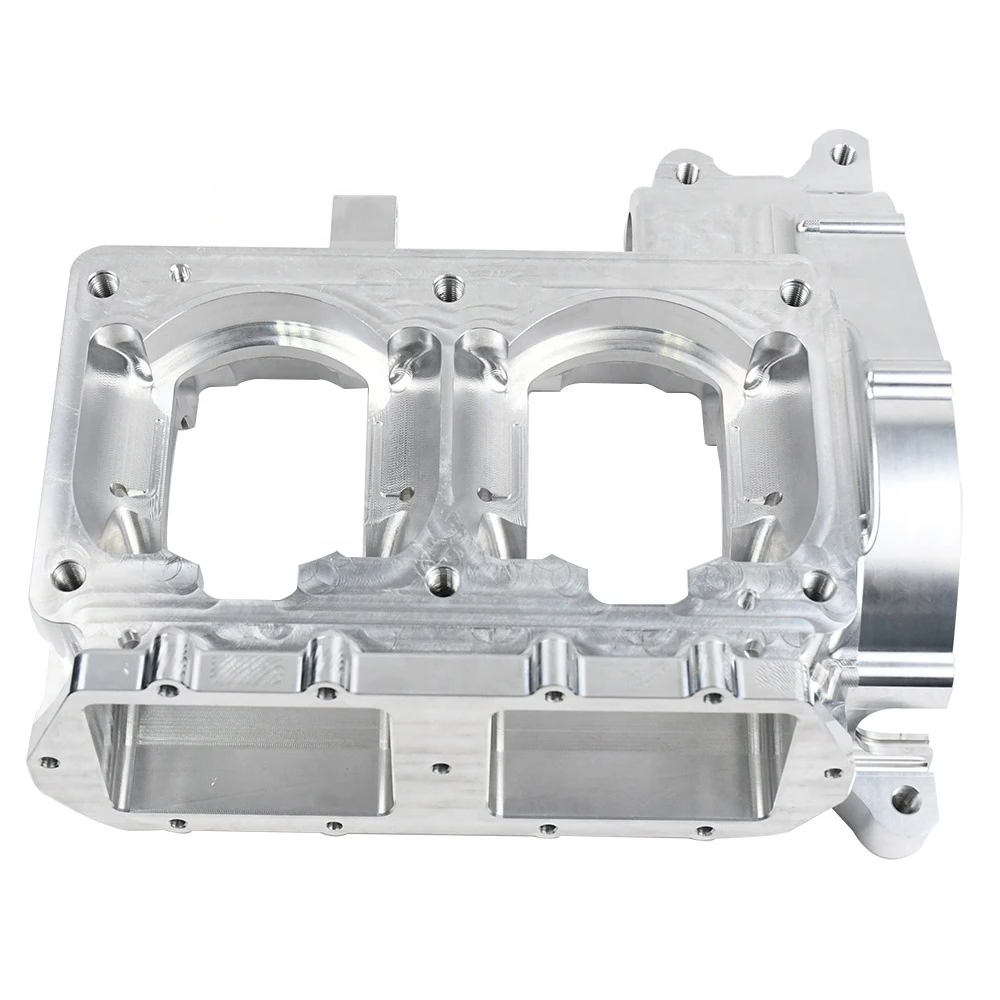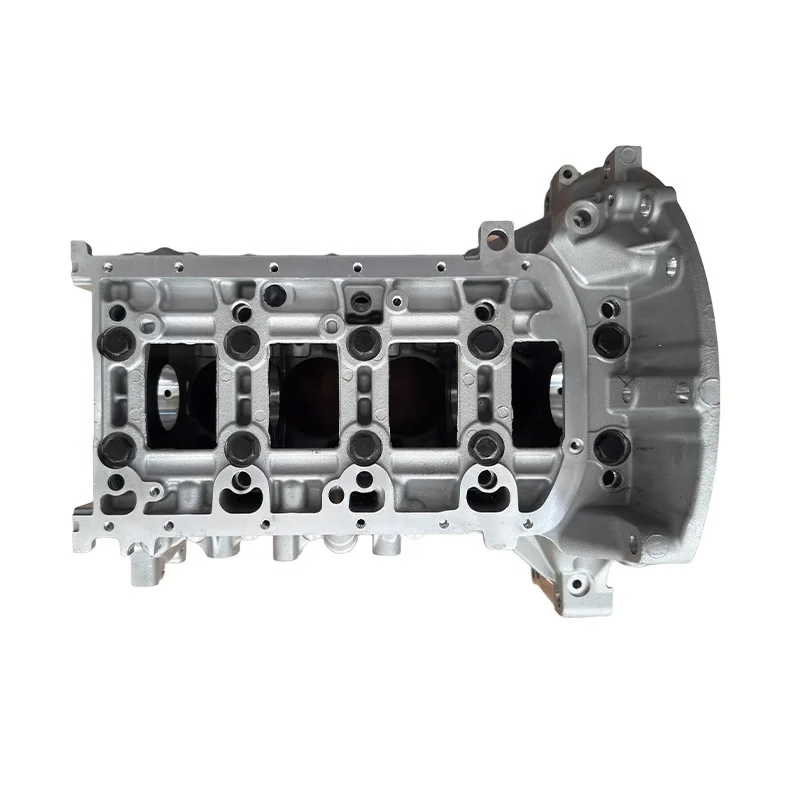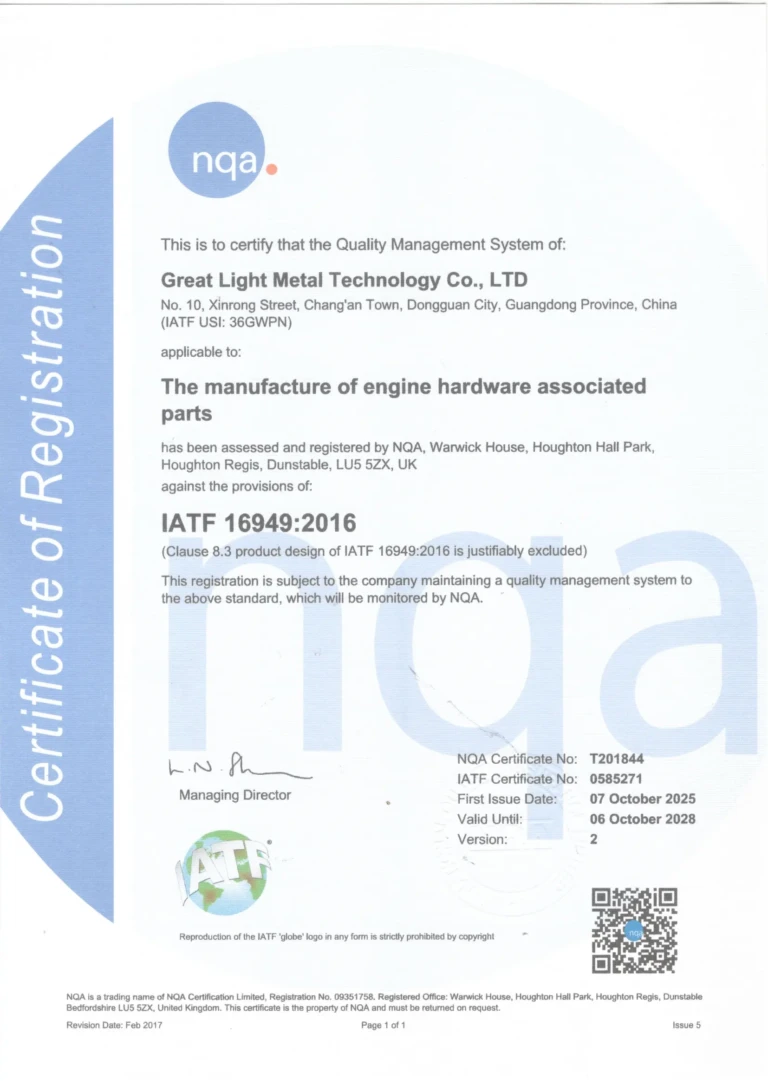With the continuous development of manufacturing, computer numerical control (CNC) processing has become an important aspect of the production of high-precision parts. With the growing demand for customized products, CNC training has become a key aspect of the industry. In this article, we will dig into the world of CNC training, its importance and what it needs to be.
CNC machining involves the use of computer-controlled machines to manufacture parts with high accuracy and precision. The process involves designing parts using computer-aided design (CAD) software, and then cutting and shaping the materials using CNC computers. To operate these machines effectively, CNC training is required. This training gives individuals the skills and knowledge needed to design, program and operate CNC machines.
The importance of CNC training cannot be exaggerated. With the increasing complexity of modern manufacturing, CNC machines have become an indispensable part of the production process. Companies specializing in CNC machining services, such as Light Light, require skilled personnel to operate their five-axis CNC machining equipment. Light Light is a professional five-axis CNC processing manufacturer with advanced equipment and production technology and one-stop post-processing and finishing services. Their ability to customize materials and process them quickly makes them a leader in the industry.
CNC training is not limited to operating machines; it also involves learning materials, design principles and safety protocols. A comprehensive CNC training program should include theoretical and practical aspects of CNC processing. This includes understanding CAD software, computer-aided manufacturing (CAM) software, and programming languages used in CNC machines. In addition, trainees should be aware of different types of CNC machines, their application and maintenance requirements.
There are various types of CNC training programs, including online courses, certification programs and apprenticeships. These programs are in line with varying levels of expertise, from beginners to advanced operators. Some programs may also specialize in specific areas such as CNC milling or turning. When choosing a CNC training program, the course, the experience of the instructor, and the equipment used in the training must be considered.
In short, CNC training is a key aspect of manufacturing and its importance cannot be exaggerated. As demand for customized products continues to grow, companies like Light Light need skilled people to operate advanced CNC machines. A comprehensive CNC training program should include theoretical and practical aspects of CNC processing and cater to different levels of expertise. Whether you are a beginner or an experienced operator, CNC training can help you promote your career and learn about the latest technologies in the industry.
FAQs (FAQs)
Q: What is CNC training and why is it important?
A: CNC training is to understand the process of computer numerical control machining, which involves the use of computer-controlled machines to manufacture parts with high precision and precision. This is essential for efficient and safe operation of CNC machines.
Q: What are the different types of CNC training programs available?
A: A variety of types of CNC training programs available, including online courses, certification programs and apprenticeships. These programs are in line with varying levels of expertise, from beginners to advanced operators.
Q: What should you look for when choosing a CNC training program?
A: When choosing a CNC training program, please consider the course, the instructor’s experience, and the equipment used in the training. Ensure that the program covers theoretical and practical aspects of CNC machining.
Q: Can I learn CNC processing online?
A: Yes, there are various online courses and tutorials that can teach you about CNC machining. However, hands-on experience and hands-on training are essential to mastering CNC machines.
Q: How long does CNC training take?
A: The duration of CNC training depends on the program and the professional level of the individual. It ranges from weeks to months or even years.
Q: What are the career prospects of CNC-trained operators?
A: Operators trained by CNC have high demand in manufacturing. They can work in various departments including aerospace, automotive and medical equipment manufacturing and can be promoted to senior positions or start a business.


















